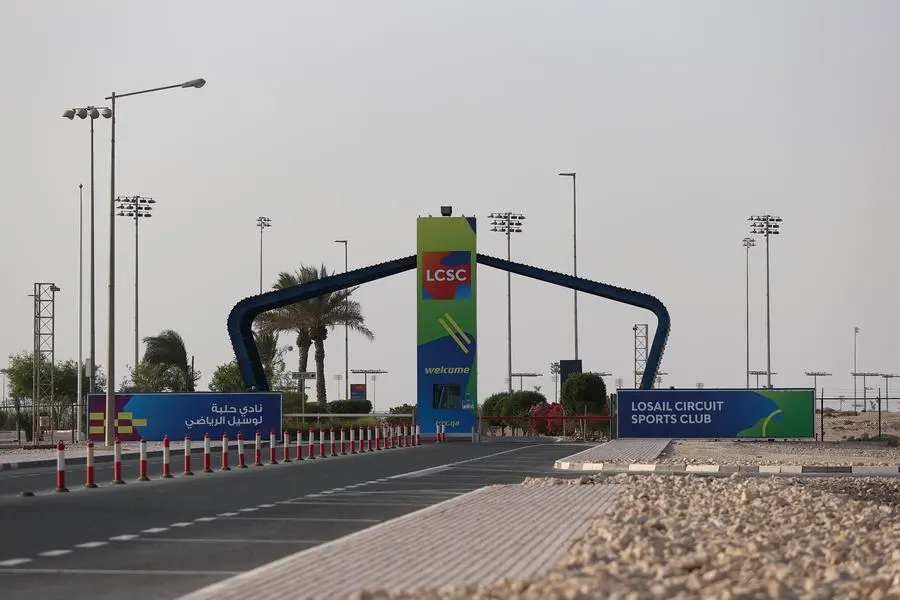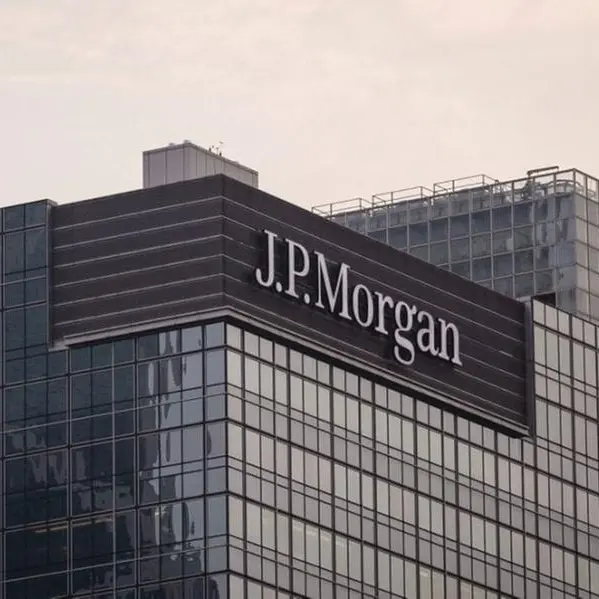PHOTO
Fitch Ratings has downgraded McLaren Holdings Limited's (McLaren) Long-Term Issuer Default Rating (IDR) to 'CCC+' from 'B-', and removed it from Rating Watch Evolving. Fitch has also downgraded McLaren Finance plc's senior secured notes (SSN) to 'CCC+' from 'B' and revised its Recovery Rating to 'RR4' from 'RR3'.
The downgrade reflects lack of certainty on the group's long-term strategy and funding plans while its free cash flows (FCF) remains deeply negative with ongoing liquidity support now being provided by Bahrain Mumtalakat Holding Company B.S.C. (Mumtalakat; B+/Stable), its sole owner since April 2024.
Fitch views McLaren's Standalone Credit Profile (SCP) at 'ccc', from which we have applied a single-notch uplift, under our Parent and Subsidiary Linkage Rating Criteria (PSL), to arrive at the IDR. The uplift reflects McLaren's strategic importance to Mumtalakat following a simplified shareholder structure.
KEY RATING DRIVERS
Weak SCP: McLaren's production volumes had been depressed since 2020, but rose 28% year on year to 796 units in 1Q24. The weak volumes have affected its cash flows and credit metrics with the group dependent on equity injections to continue operations and service its debt. McLaren's order book and resilient pricing power at the high end of the luxury super car market underpin its 'ccc' SCP.
Liquidity Support from Shareholders: Fitch forecasts significant cash outflows during 2024-2026, despite gradually improving profitability with increasing deliveries of Artura and 750S. Shareholders have already provided McLaren with GBP85million of liquidity so far in 2024, adding to the GBP675 million support received in 2023 and 2022. We believe short-term liquidity support will continue to be available for McLaren until its long-term funding plan is clarified.
Lack of Long-Term Visibility: Mumtalakat is looking for long-term partnerships for McLaren's new model line-up and electric transition, as building these technologies and new model line-ups is contingent on the support and expertise of a manufacturing partner. Lack of certainty over its long-term strategy and its refinancing needs drive today's downgrade. Continued strategic uncertainty may result in further downgrades as long-term debt maturities approach in 2026.
Mumtalakat Linkage Positive: We view the strategic incentives for the higher-rated and Bahraini-owned Mumtalakat to support McLaren as 'Moderate' under PSL, while legal and operational incentives are 'Low'. This reflects McLaren's brand value and its links with the Formula 1 race in Bahrain that bring international recognition and tourism revenues. This underpins the one-notch uplift to the 'CCC+' IDR.
Instrument Rankings: The senior secured rating of 'CCC+' currently reflects the notes' senior ranking to ordinary shares issued by parent McLaren Group Limited (MGL) at McLaren. The ranking of McLaren's debt is broadly unchanged following the change in ownership.
Operational Problems in 2023: McLaren temporarily slowed down production of Artura to address quality control issues in 2H23. As a result, total deliveries for the year were only 2,137 units, which are below their recent average. Nevertheless, the group has reported that these issues have been addressed, which is supported by production rebounding in 1Q24 to 796 units. Fitch expects production to be maintained at around this level for 2024-2026.
Solid Positioning: McLaren maintains pricing power for luxury super cars with top-three market positions in their sub-segments. However, its internal development of platform and powertrains weighs heavily on earnings and cash flows as they are not shared with, or supplied by, a partner. This exclusivity however distinguishes McLaren from other brands from larger automotive groups.
Niche Luxury Manufacturer: McLaren is small and lacks diversification, due to a limited product portfolio and annual production capacity of about 5,000-6,000 units. External shocks can significantly affect sales, despite the luxury segment's lower volatility than mass-market cars'. Wholesale volume have fallen to around 2,000 units per year since the pandemic but are expected to increase to around 3,000 to 3,250 units in 2024.
Electrification Transition Challenges Financial Profile: McLaren is gradually transitioning toward electric powertrains even though it is not directly and immediately affected by all of the industry's structural trends, including connectivity, autonomous driving and electrification. Fitch forecasts that internal cash generation will be insufficient to fund such long-term capex needs, leaving McLaren reliant on additional shareholder support and external partnerships.
-Ends-
Tahmina Pinnington-Mannan
Director, Corporate Communications
Fitch Group, 30 North Colonnade, London E14 5GN
tahmina.p-mannan@thefitchgroup.com




















